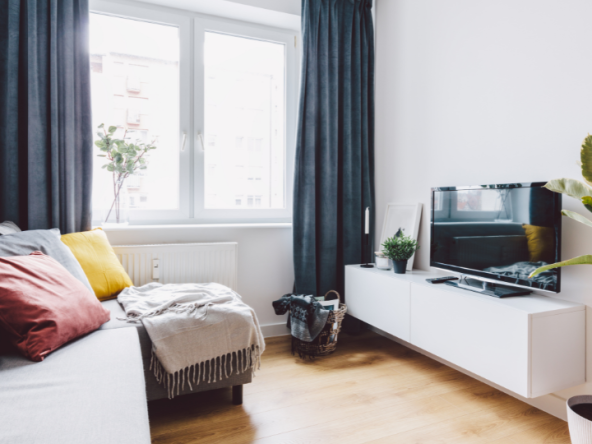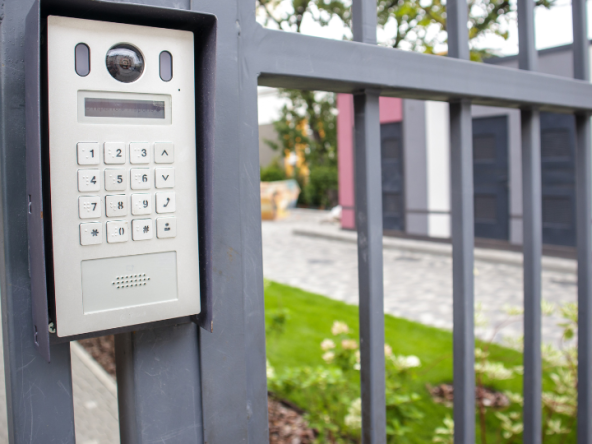Sustainable housing is becoming increasingly popular in South Africa. There is a growing trend among buyers and developers to invest in environmentally friendly housing options.
One of the main driving factors behind this trend is the need to reduce the impact of housing on the environment. South Africa has a history of using non-renewable energy sources and producing high levels of greenhouse gas emissions. By investing in sustainable housing options, buyers and developers can help reduce their carbon footprint and contribute to a cleaner, healthier environment.
Another factor driving this trend is the increasing availability and affordability of sustainable building materials and technologies. These materials and technologies are becoming more accessible to buyers and developers of all income levels, making sustainable housing a viable option for a wider range of people.
Sustainable housing options come in a variety of forms, from energy-efficient homes to eco-villages and green building developments. One popular option is the use of solar power, which allows homeowners to generate their own clean energy and reduce their reliance on the grid. Other options include rainwater harvesting, greywater recycling, and the use of sustainable building materials such as bamboo and recycled materials.
There are also a number of financial incentives for buyers and developers who invest in sustainable housing options. These incentives include tax breaks, rebates, and grants from government and private organizations.
Despite the growing popularity of sustainable housing in South Africa, there are still a number of challenges that need to be addressed. One of the main challenges is the lack of awareness and education around sustainable housing options. Many buyers and developers are not familiar with the benefits of sustainable housing and may not know how to incorporate these options into their building plans.
Another challenge is the cost of sustainable building materials and technologies. While these options are becoming more affordable, they can still be more expensive than traditional building materials. This can be a barrier for buyers and developers who are working with limited budgets.
Overall, the trend towards sustainable housing in South Africa is a positive development for both the environment and the housing industry. With the right education, incentives, and support, this trend is likely to continue to grow in popularity and impact. By investing in sustainable housing options, buyers and developers can contribute to a cleaner, healthier environment while also enjoying the benefits of energy-efficient, cost-effective housing.





